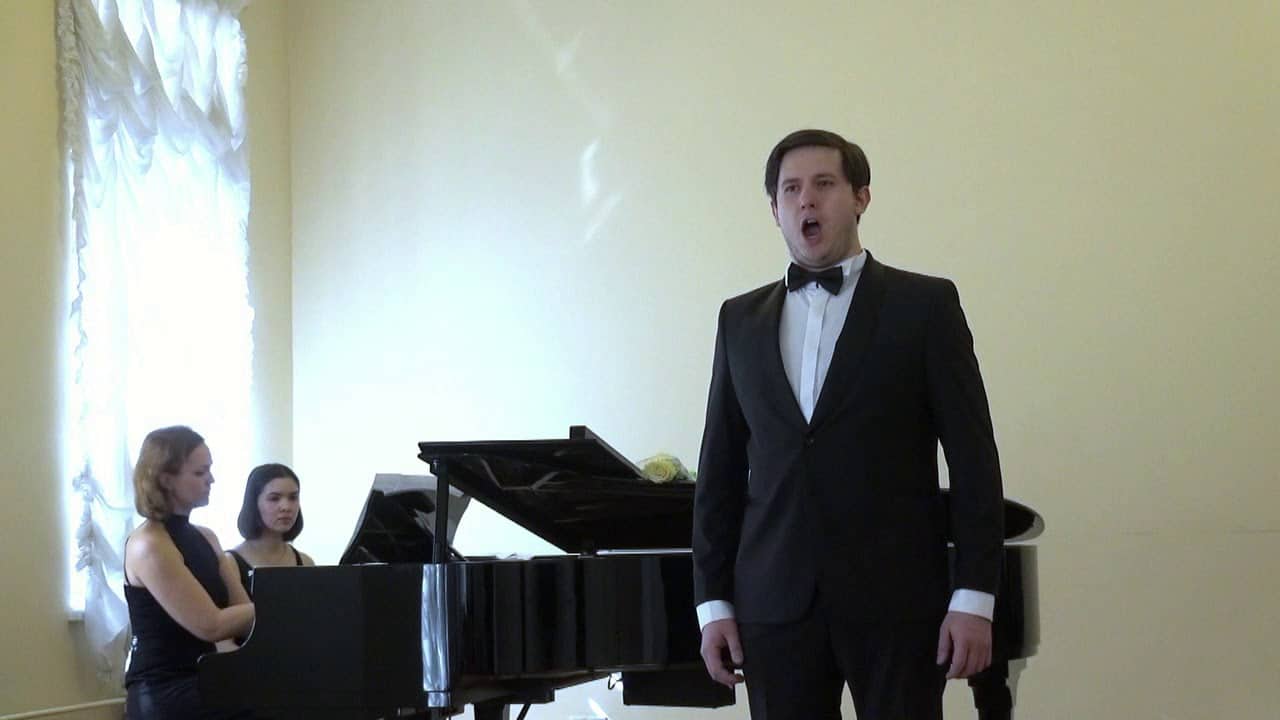An English opera lesson from Jude Bellingham
UncategorizedThe teenaged Birmingham midfielder, perhaps the brightest English talent of his generation, went to Dortmund in Germany to perfect his skills. He is presently lighting up the World Cup stage, winning game after game for his homeland.
Next summer he will be sold for a vast amount to a leading club, quite possibly in England.
Compare Jude’s path with an English opera singer of his own age. Many, like him, go to German opera houses to gain their first regular performing experience. When they conclude the apprenticeship, they look at the opera scene back home and see no immediate opportunities.
So, like Catherine Foster – Bayreuth’s current Isolde – they stay in Germany and are lost to English opera.
The moral of this parable? English National Opera signally failed for the past generation to nurture national talents, importing shiploads of mostly American and Baltic soloists. Conductors and directors, too, were often flown in from abroad.
If ENO is to have any future at all, it must be first and foremost as a provider of openings for homegrown artists, many of them returning from their Continental finishing schools.







British training institutions remain a second-rate option for many young musicians. At any of the larger institutions abroad (see New World Symphony, Tanglewood, Karajan Academy), all of your living expenses are essentially covered in order for you to focus on your craft.
Most of the UK programs won’t offer housing, many of them are only attached to the major ensembles by association but will not offer fellows a chance to perform with these ensembles on a paid basis. Such things are essential if a young artists hopes to have any chance of competing on the world stage against those who have money and time aplenty to devote to their studies. It’s not so much a question of UK institutions not training their own, it’s more a matter of UK institutions not being attractive enough. It seems to me like they only try to compete with other british organizations, rather than the external world as a whole.
And of course, if they *had* pursued a “British first” policy they’d have been slated for being blinkered little Englanders condemned to parochial mediocrity. Win / win for the commentariat.
I mean….Allan Clayton, Natalya Romaniw, Soraya Mafi, Kate Valentine, Nardus Williams, Nadine Michael, Matthew Durkan, Alex Otterburn, Rowan Pierce, Samantha Price, Bozidar Smiljanic, Alexandra Oomens, John Savournin, Elizabeth Llywellyn, Nicky Spence, Rowan Pierce, Lee Bisset, Idunnu Munch, William Morgan, etc, etc…
What are they, chopped liver?
Sarah Tynan
Even the very greatest talents among British singers have often felt neglected and under used in London. Janet Baker certainly did, and Margaret Price spent most of her career in Munich.
It is interesting that you cite Dame Janet Baker. She was not a singer who appeared to regard opera as her first choice of performance but ENO gave her opportunities in Julius Caesar (the start of a real revival of Handel operas), The Damnation of Faust, Werther and Mary Stuart. It was at Covent Garden where she might have appeared much more.
It was arguably outside London where Dame Janet did some of her finest work. It was her good friend Alexander Gibson who persuaded her to take on the role of Dorabella in a superb Cosi with Elizabeth Harwood as Fiordiligi. He persuaded her to sing Dido in the memorable complete Trojans in 1969 – surely one of the great assumptions of that role. Octavian and The Composer followed – all works which she rarely if ever sang elsewhere. Scottish Opera’s touring city’s were indeed blessed.
Brexit has thwarted everything for singers – including Germany. I wonder what the point is of £70000 debt and 7 years work for the prospect of no work. The comparable training is that of a doctor.
Tough luck even then! With the NHS being defunded by our government now even doctors will need to compete for wages on the private market!
Unlike various English football clubs, English National Opera is not being lavishly bankrolled by the oil money of a dubious regime.